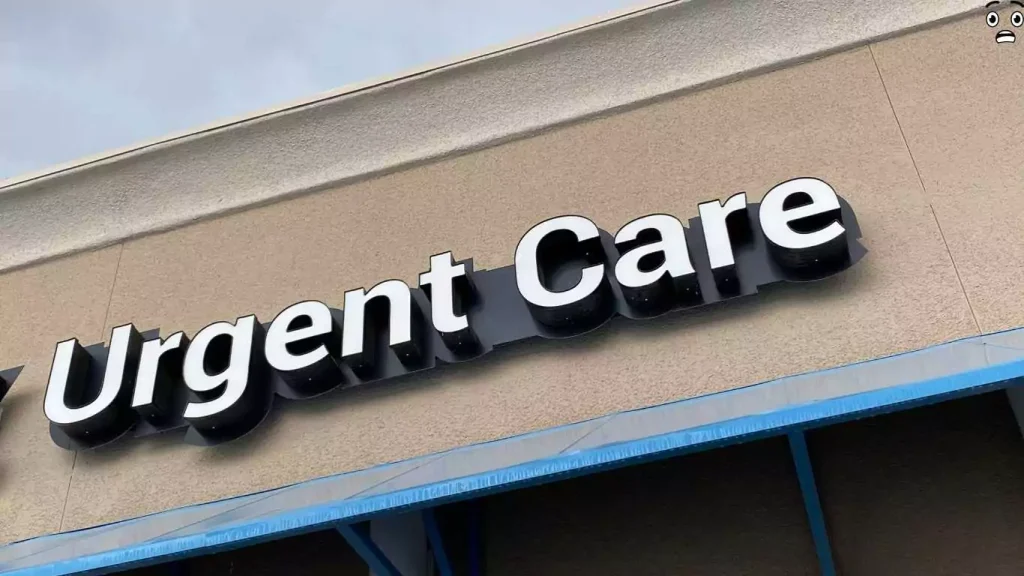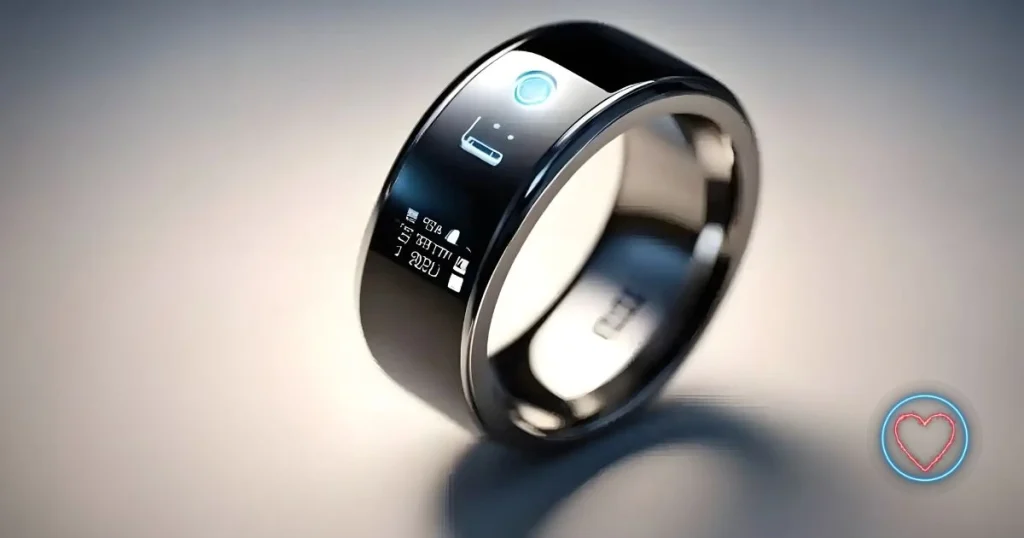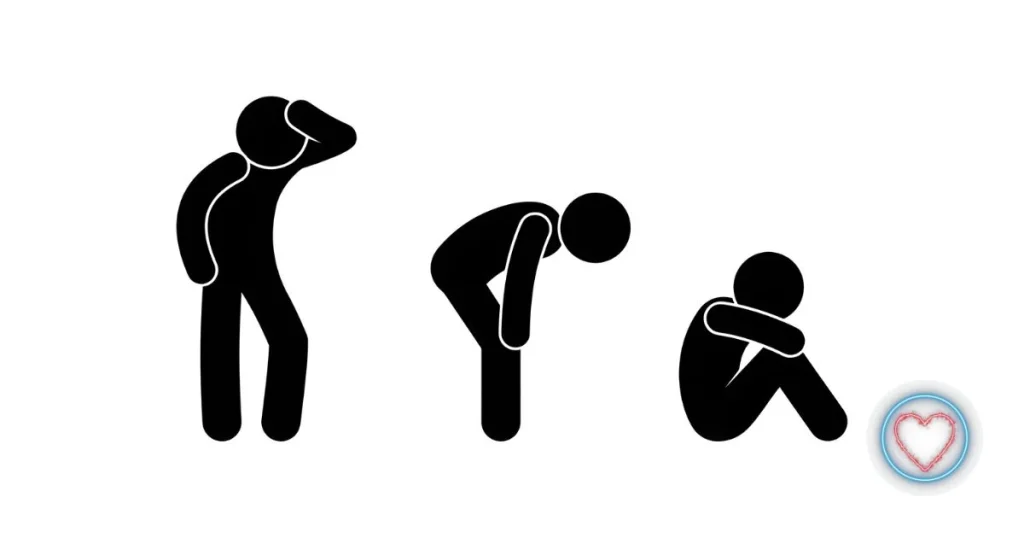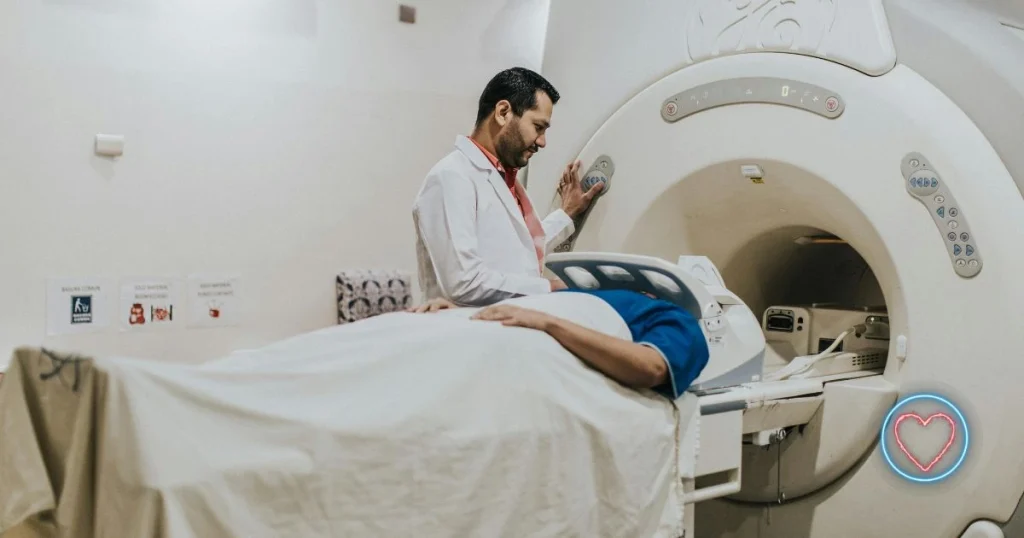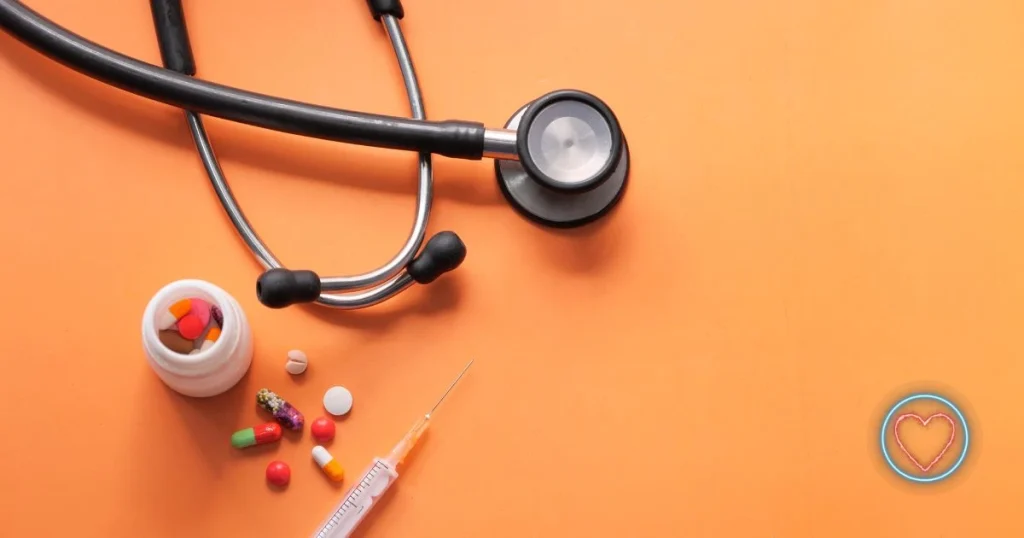When someone isn’t feeling well or needs quick treatment, finding urgent care nearby can be very important. Urgent care clinics offer fast help for injuries and illnesses that aren’t life-threatening, making it easy to get medical care without going to the emergency room. These clinics can help with things like minor cuts, flu symptoms, and sprains, and many are open after regular office hours.
There are many ways to find urgent care locations close by. People can search online with tools like Solv Health’s urgent care locator, use national drugstore walk-in clinics such as CVS MinuteClinic, or look up urgent care centers in their area to compare hours, services, and reviews.
Most urgent care centers let patients walk in without an appointment, and wait times are usually shorter than at a hospital. This makes it a simple and stress-free way to get treated quickly for common health problems.
Key Takeaways
- Urgent care treats non-emergency health issues fast.
- Many online tools can help find a nearby urgent care clinic.
- Visits are quick, easy, and often do not need appointments.
What Urgent Care Near Me Provides
Urgent care centers offer help with common illnesses and minor injuries when a person can’t wait for a regular doctor’s appointment. These clinics also give quick access to basic medical services during extended hours, even on weekends or evenings.
Services Offered by Local Urgent Care Centers
Most urgent care clinics have a broad range of services. Patients can walk in without an appointment to receive care for sudden health problems. Many clinics provide X-rays, lab tests, stitches, and treatment for minor injuries.
Besides treating injuries, urgent care centers often give vaccinations, sports and school physicals, and rapid tests for flu, COVID-19, and strep throat. They also fill prescriptions for common medications when needed.
Some clinics now include online check-in or telemedicine options to help people save time. For a complete list of services at a specific urgent care, visit UrgentCare.com’s directory or see Optum’s urgent care services.
Types of Medical Conditions Treated
Urgent care clinics treat many non-life-threatening problems. These include:
- Coughs, colds, and fevers
- Sore throats
- Ear or sinus infections
- Minor burns, cuts, or sprains
- Mild asthma or allergies
- Rashes or skin infections
If someone has a broken bone, many centers can take X-rays and put on splints or casts. Urgent care is not designed for serious emergencies such as chest pain, severe bleeding, or trouble breathing. For life-threatening conditions, always call 911 or go to an emergency room.
To find clinics able to treat specific needs, use an urgent care locator tool. This helps match medical services to a person’s symptoms for fast support.
How to Find Reliable Urgent Care Nearby
Locating a dependable urgent care clinic requires good information and a few simple tools. Online services and careful review of clinic ratings help people make the best health care decisions.
Using Online Search Tools and Maps
People can easily find nearby urgent care centers with online tools. Services like Yelp’s urgent care finder and urgent care location directories let users enter their zip code or city to view clinics in their area. Maps often show hours, directions, wait times, and whether walk-ins are accepted.
Many urgent care providers are also listed on platforms like Google Maps. Filters can help narrow results by distance, operating hours, or special features like on-site X-rays. Using official websites, such as the NHS urgent and emergency care page, can provide up-to-date information, including whether clinics need appointments or accept NHS 111 bookings.
Comparing Reviews and Facility Credentials
Before choosing a clinic, it is wise to check reviews and look up a facility’s qualifications. Online review platforms and urgent care directories show patient ratings, wait time feedback, and details about staff professionalism. Lists of clinics often allow sorting by ratings or reading detailed comments about cleanliness and service.
Patients should also check if the urgent care center is licensed and whether it has board-certified providers. Many websites give details about clinic services and whether they can handle specific medical issues or only minor injuries. Reliable urgent care facilities are open consistently and have proper equipment for treating common, non-life-threatening conditions. Checking these facts helps ensure a safe and satisfactory experience.
What to Expect During Your Visit
When visiting urgent care, patients can expect a structured process. Clinics focus on helping people register quickly and see a provider without a long delay.
Check-In and Registration Process
Patients start by checking in at the front desk. Staff will ask for a photo ID, insurance card, and a list of any medications. If the patient does not have insurance, most urgent care centers accept payment by credit or debit card.
People fill out forms about their health history, current symptoms, and allergies. Parents or guardians should bring information for children, such as immunization records. Front desk staff make sure all information is correct before the patient meets the healthcare provider.
Many clinics also offer online check-in. This can save time and help patients move through the process faster. For more advice on preparing paperwork and what to bring, visit this checklist from Solv Health.
Estimated Wait Times and Billing
Wait times at urgent care vary during the day. Patients may wait less during slow hours, like early morning or late evening. Some clinics show live wait times online or give estimates when patients arrive.
Billing is explained at the front desk. Most clinics take many types of insurance and offer clear pricing for those paying themselves. It is common to pay a copay or part of the bill right after the visit.
Patients receive a summary of their visit and payment receipt. Any follow-up care, prescriptions, or lab fees may have separate charges. For more details on what happens at urgent care, visit this guide from Concentra.
Frequently Asked Questions
People often want to know the hours of local urgent care centers, what kinds of services are available, and whether they can visit without an appointment. Knowing when to choose urgent care instead of the emergency room, along with potential costs, also helps them make decisions.
What are the operating hours for urgent care centers nearby?
Most urgent care centers open early in the morning and close in the evening, often around 8 p.m. or 9 p.m. Some clinics may open as early as 7 a.m. and close as late as 10 p.m. It is a good idea to check the specific hours for each location by visiting the clinic’s website or contacting them directly. For example, Atlantic Health Urgent Care posts its opening times online.
How do I determine if I should go to urgent care or the emergency room?
Urgent care centers can treat most common illnesses and minor injuries, such as cuts, sprains, or mild infections. If someone has chest pain, trouble breathing, severe bleeding, or symptoms of a stroke, they should go to the emergency room right away. Life-threatening problems need emergency care, while urgent care is for less severe conditions.
Are there any 24-hour clinics available in my area?
Some areas have 24-hour urgent care clinics, but many centers close in the evening. People can search local urgent care websites or call the clinic to see if after-hours care is offered. Online review sites such as Yelp also list hours for urgent care centers in many cities.
What services do urgent care centers typically provide?
Urgent care clinics usually handle minor injuries, illness treatment, sports physicals, vaccinations, lab tests, and X-rays. Some also offer COVID-19 testing and basic wound care. More details about standard urgent care services are available with resources like AFC Urgent Care’s FAQ.
Can I walk into an urgent care center without an appointment?
Most urgent care centers accept walk-ins and do not require appointments. People can visit when they need care, but some clinics offer online bookings to speed up the check-in process. To save time, they can schedule ahead using tools such as online urgent care booking.
What are the typical fees for services at an urgent care center?
The cost of an urgent care visit can vary. Most fees range from $100 to $200 for a basic visit, not including extra charges for tests or procedures. Most centers accept insurance, but checking with the clinic ahead of time helps people understand the likely costs.
